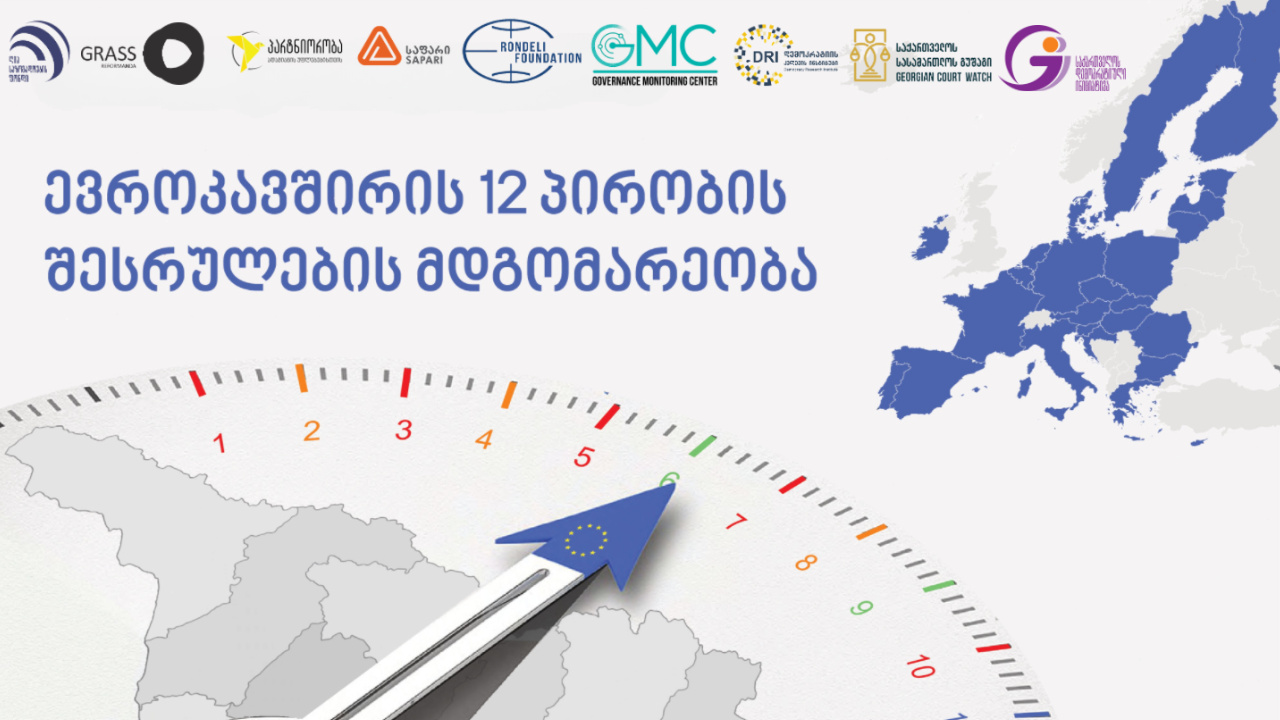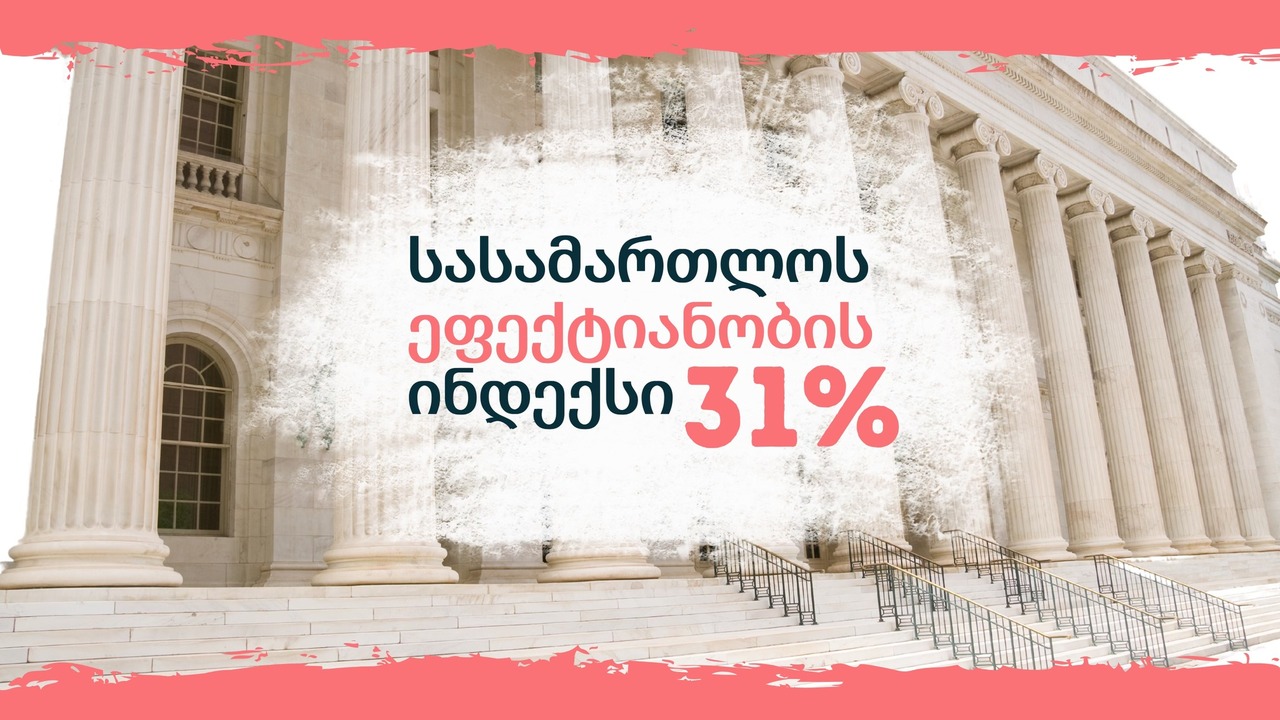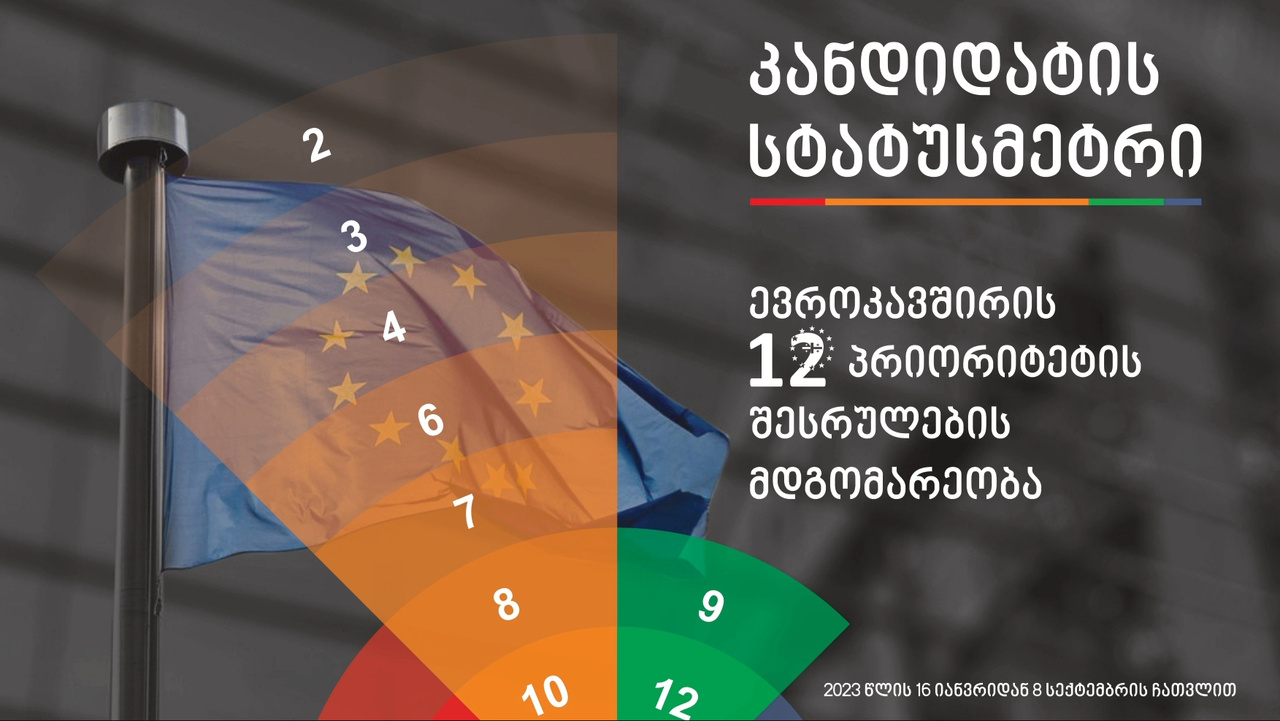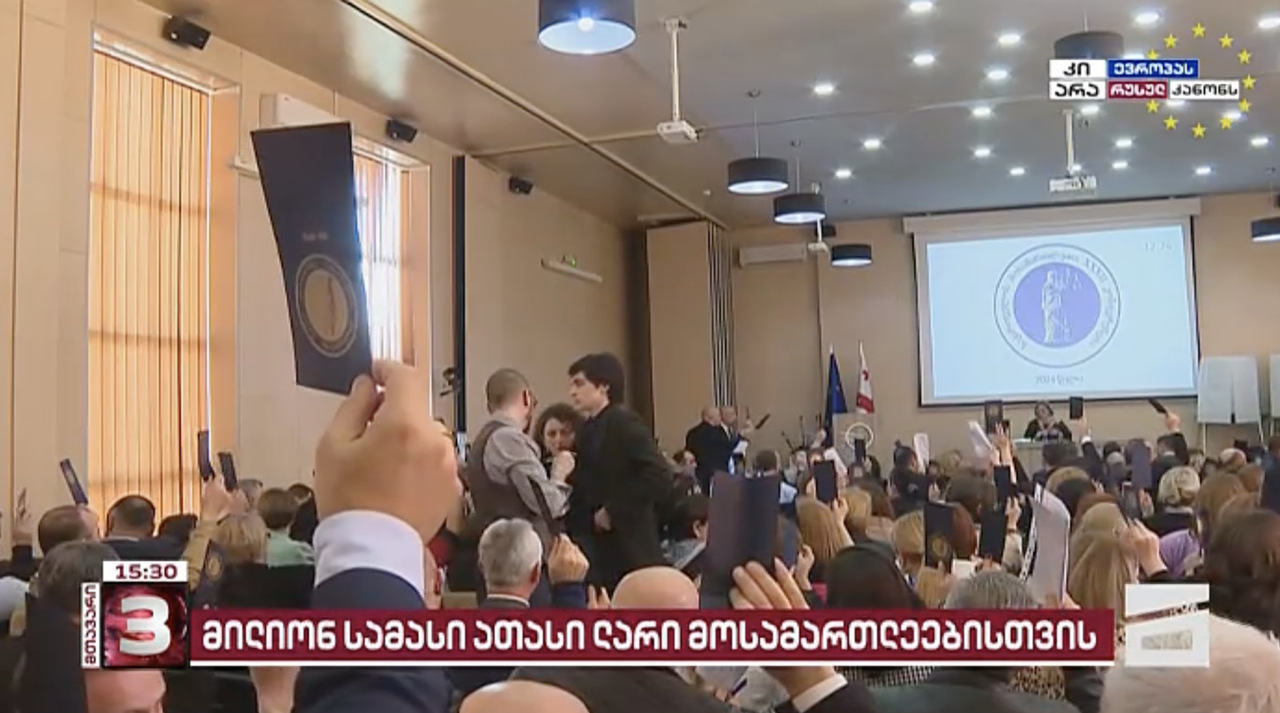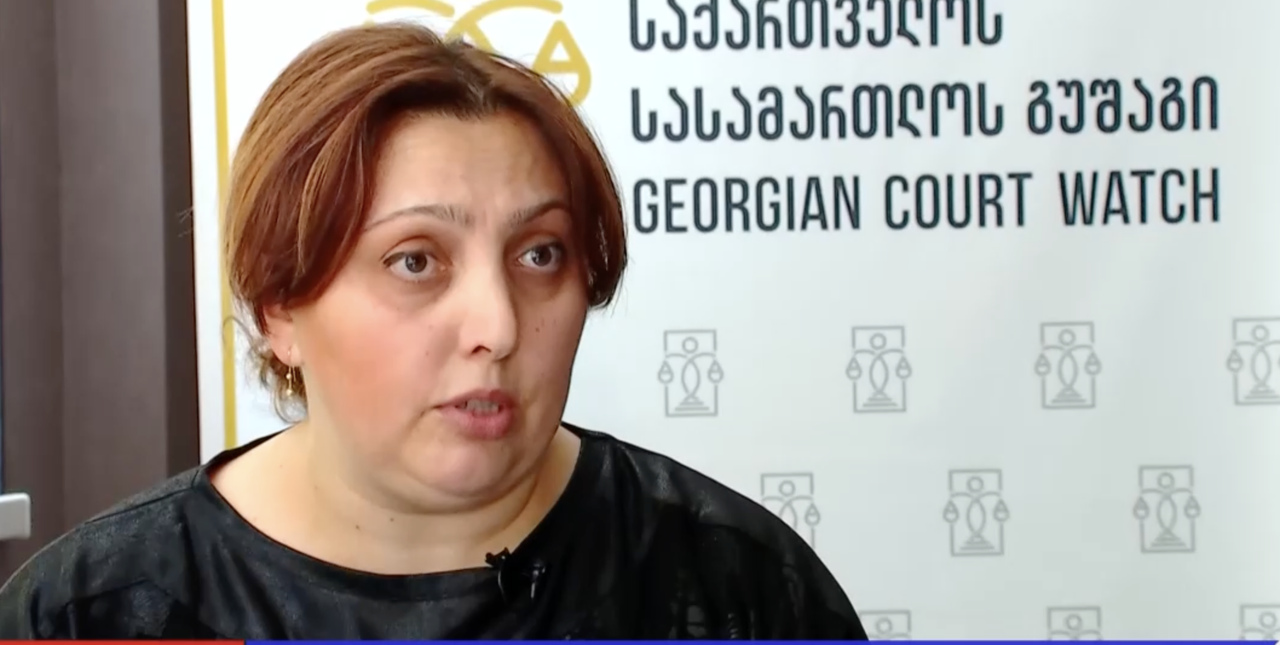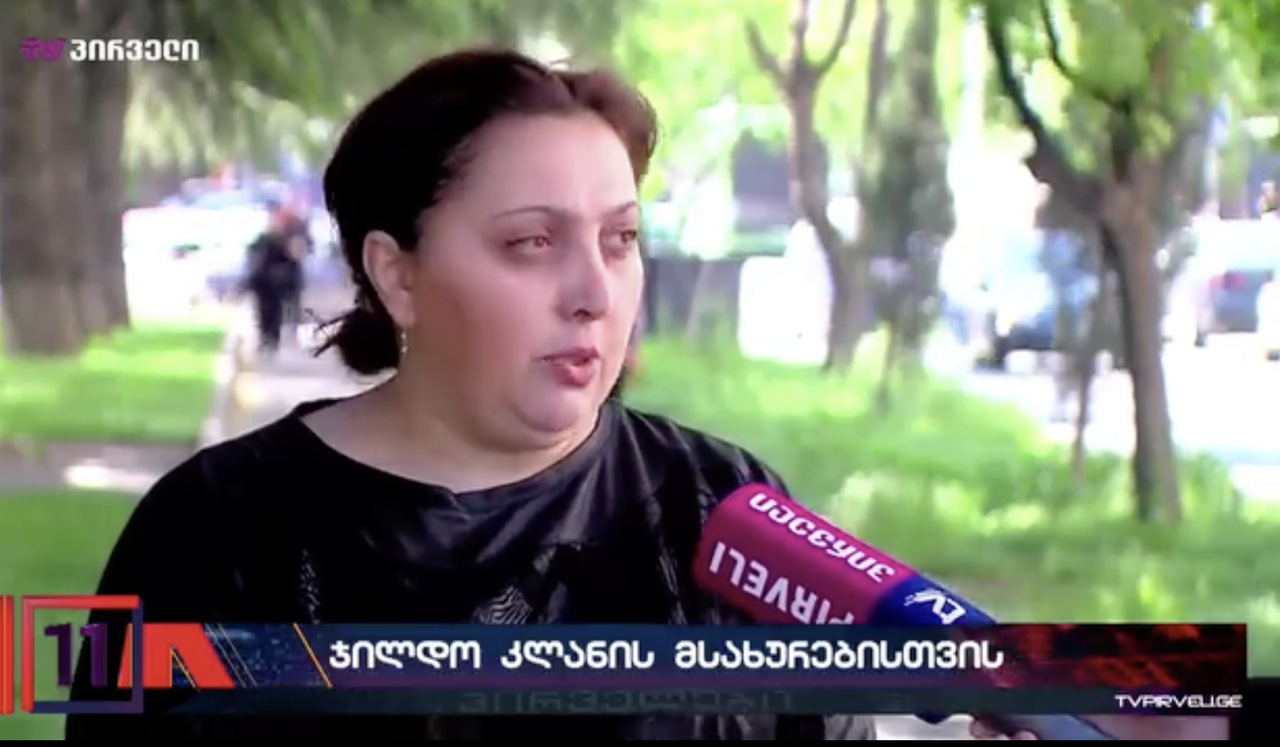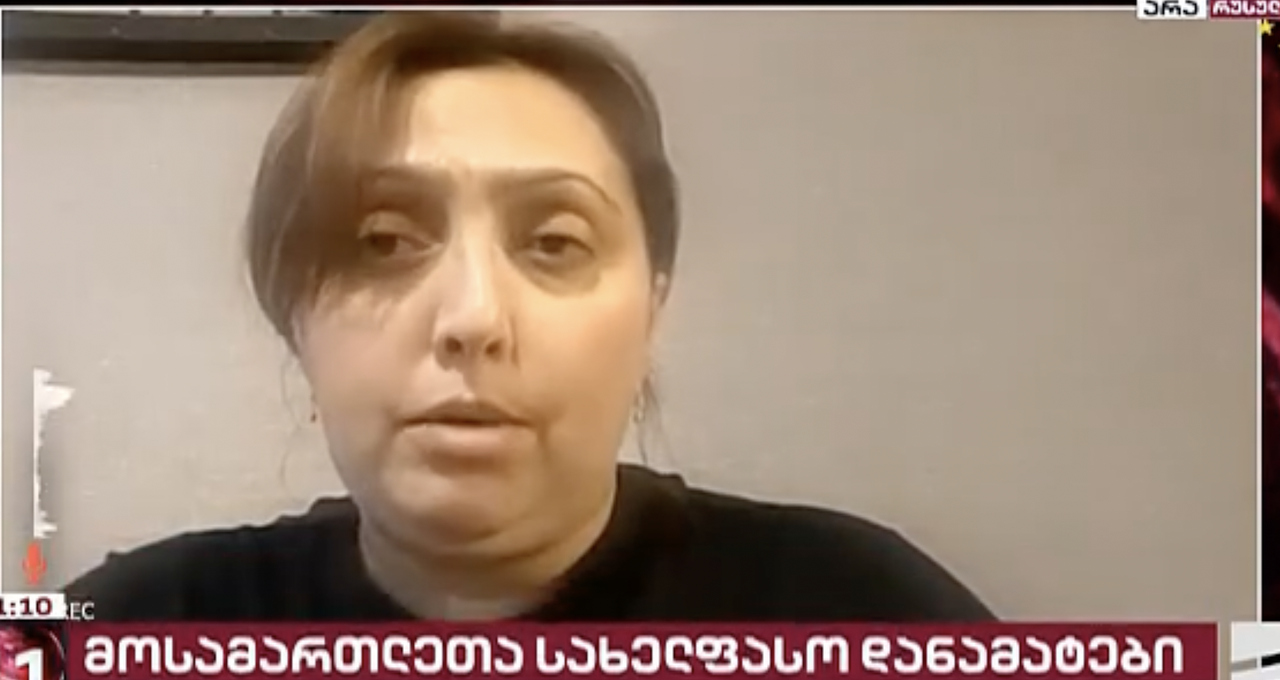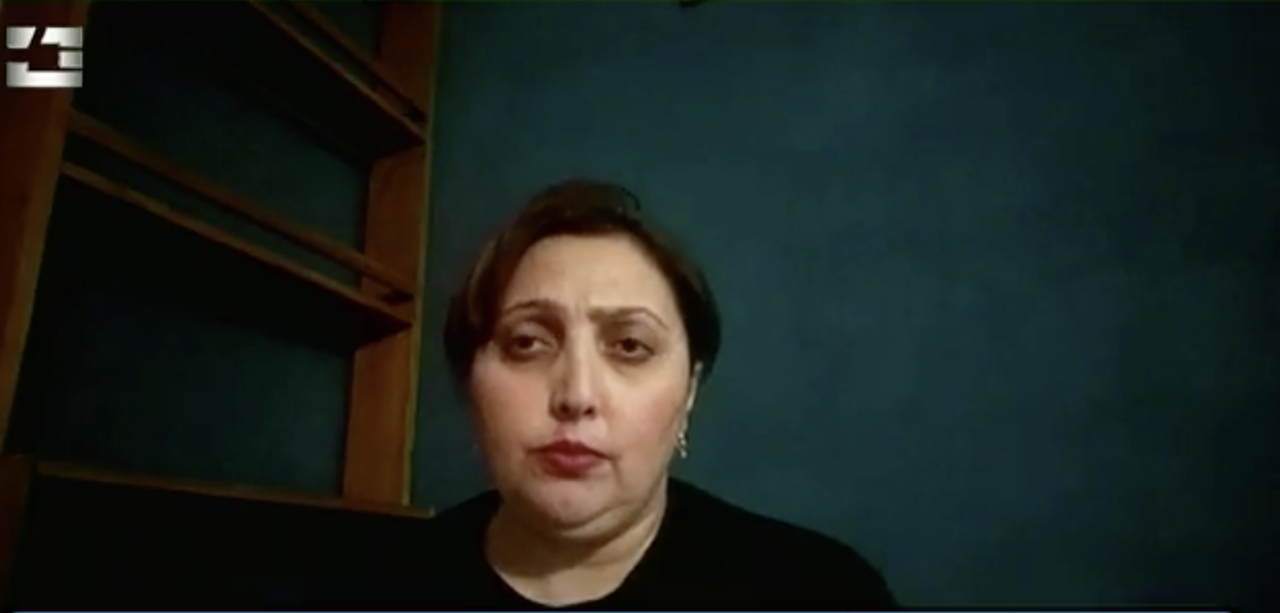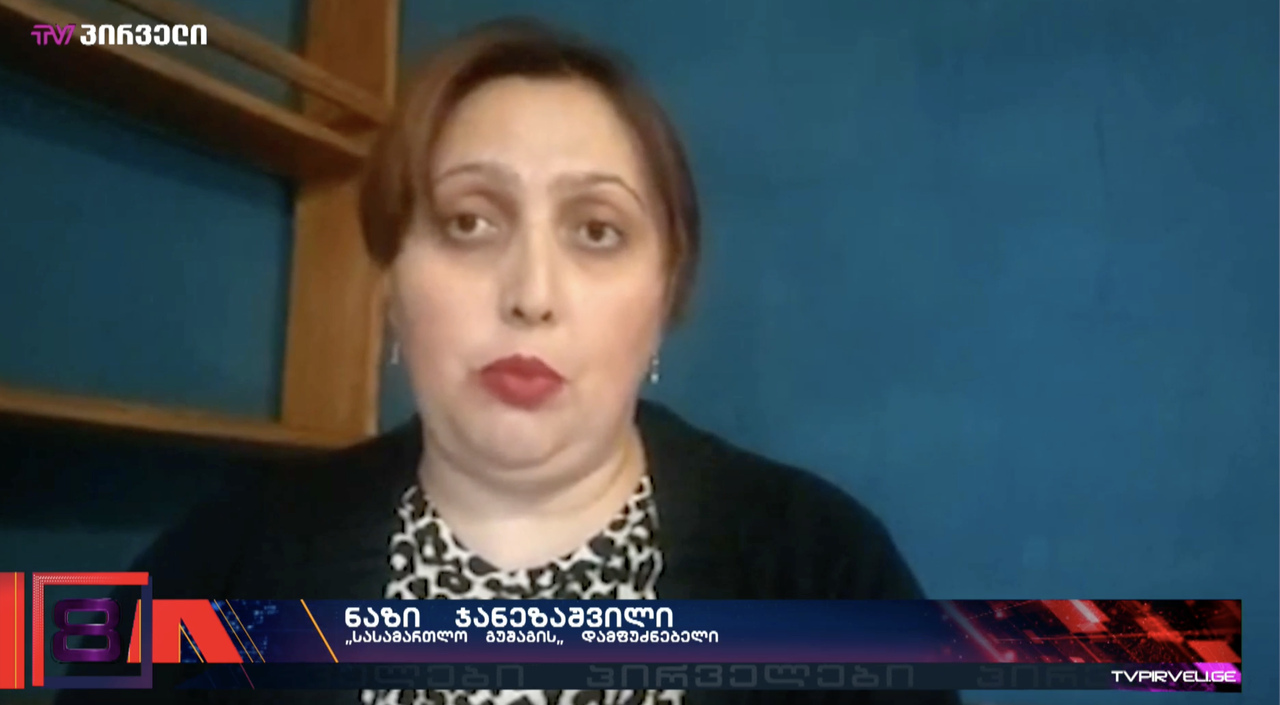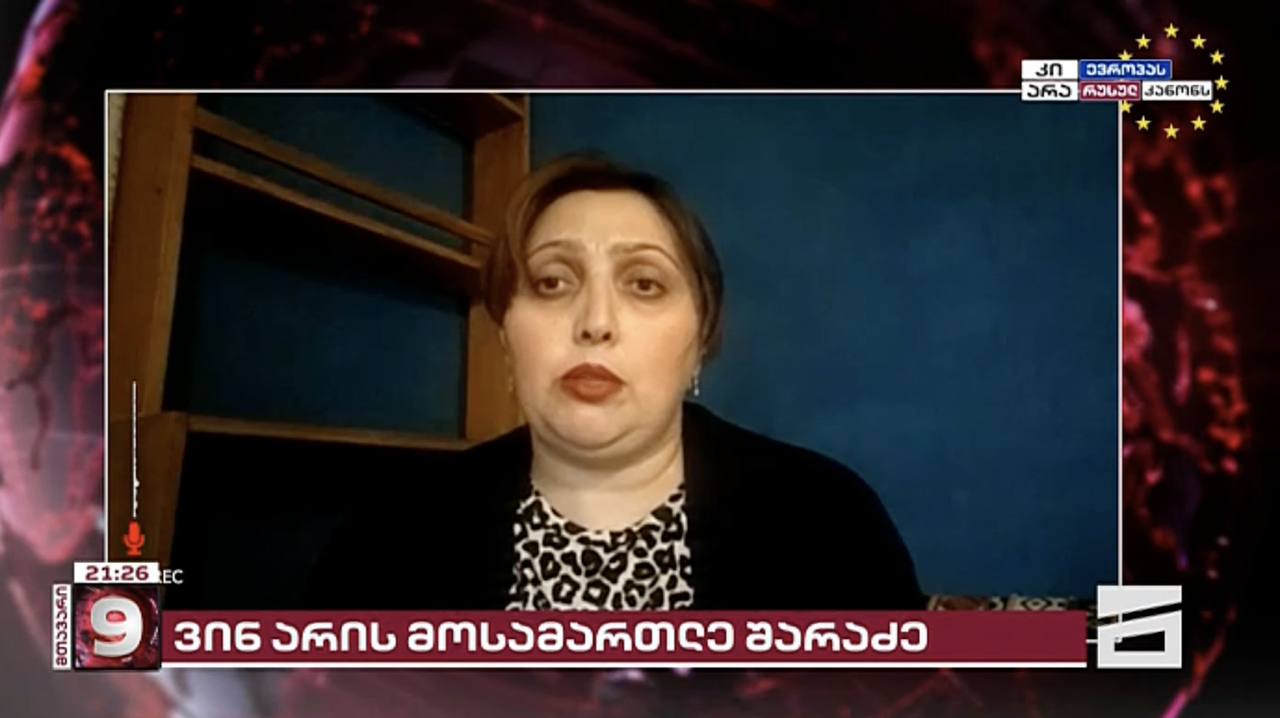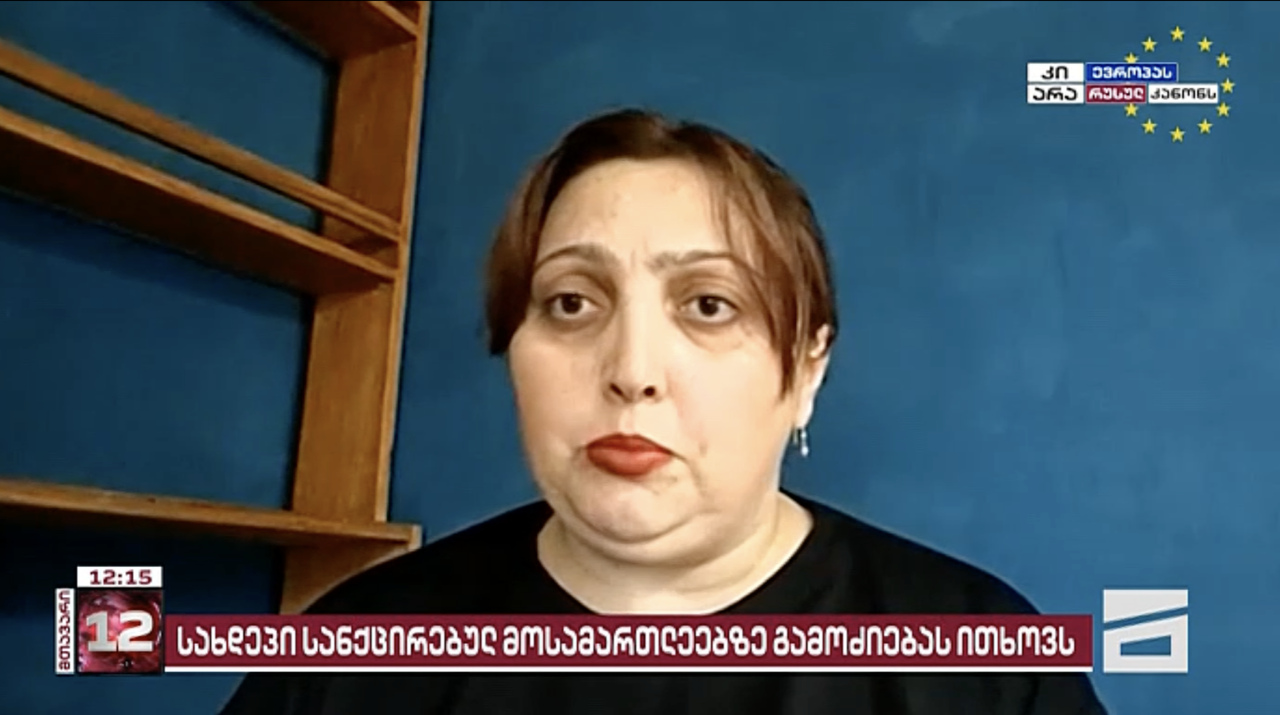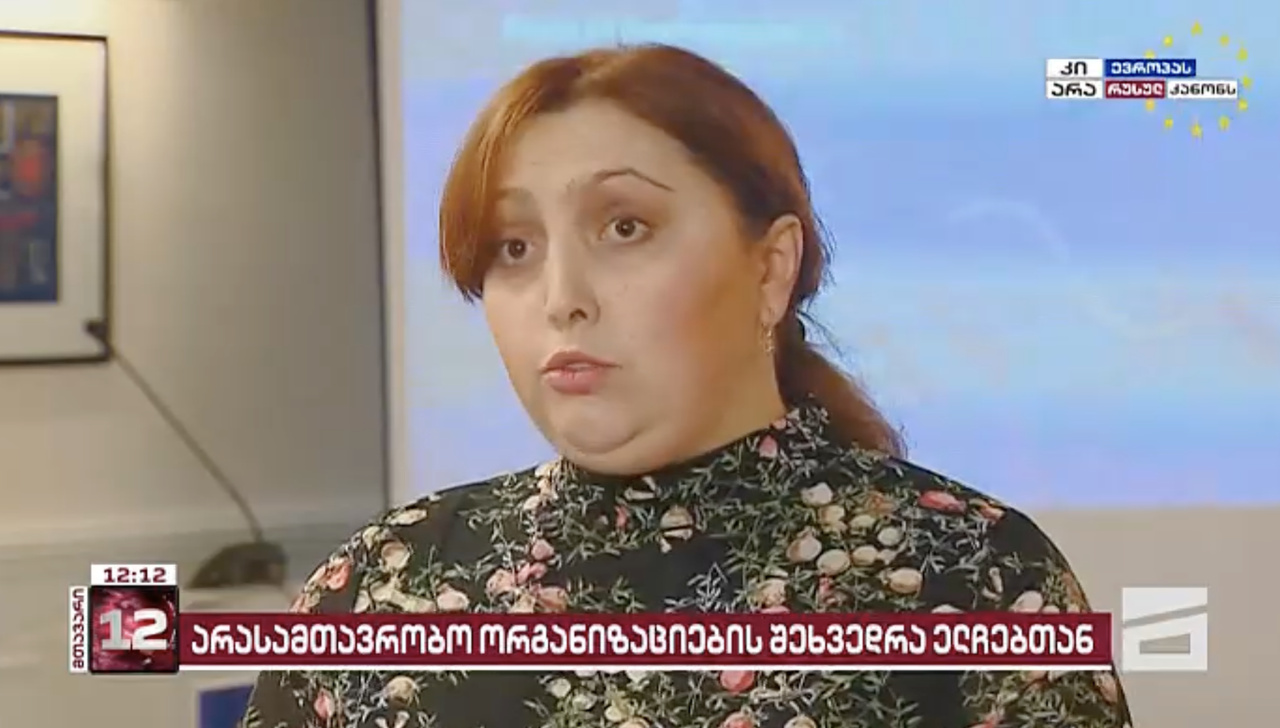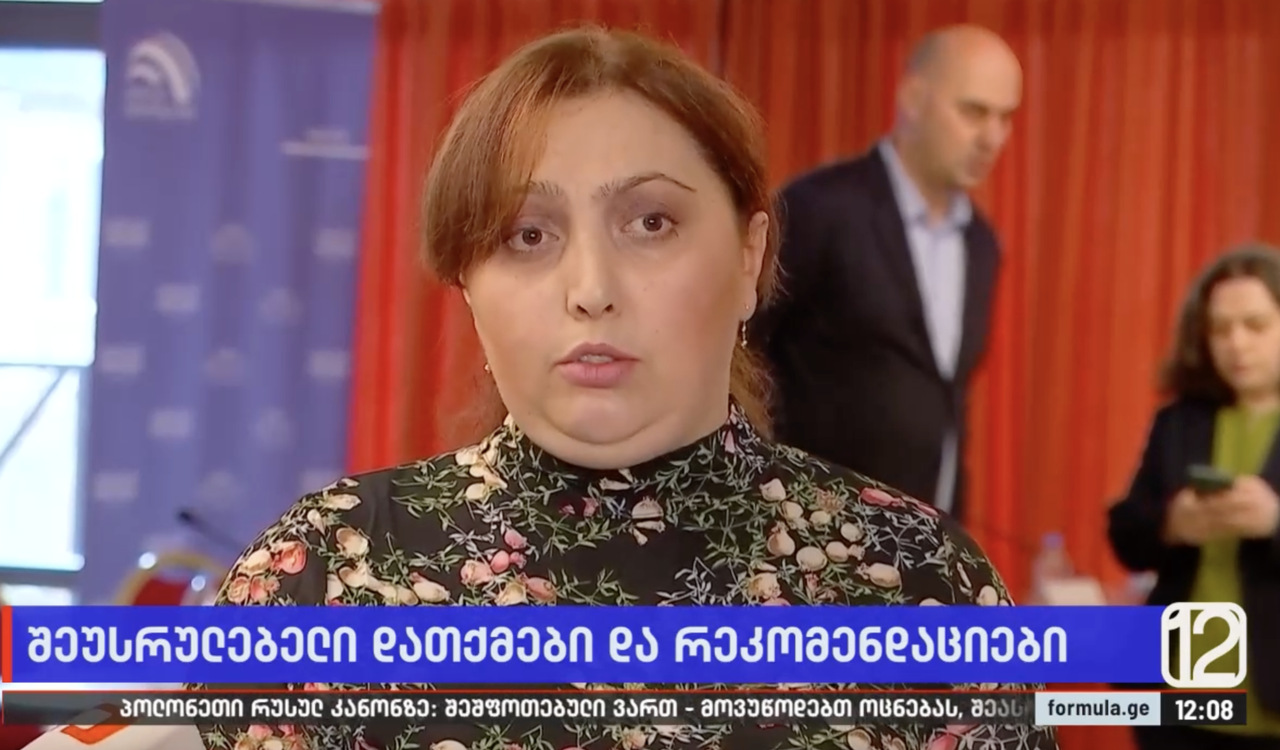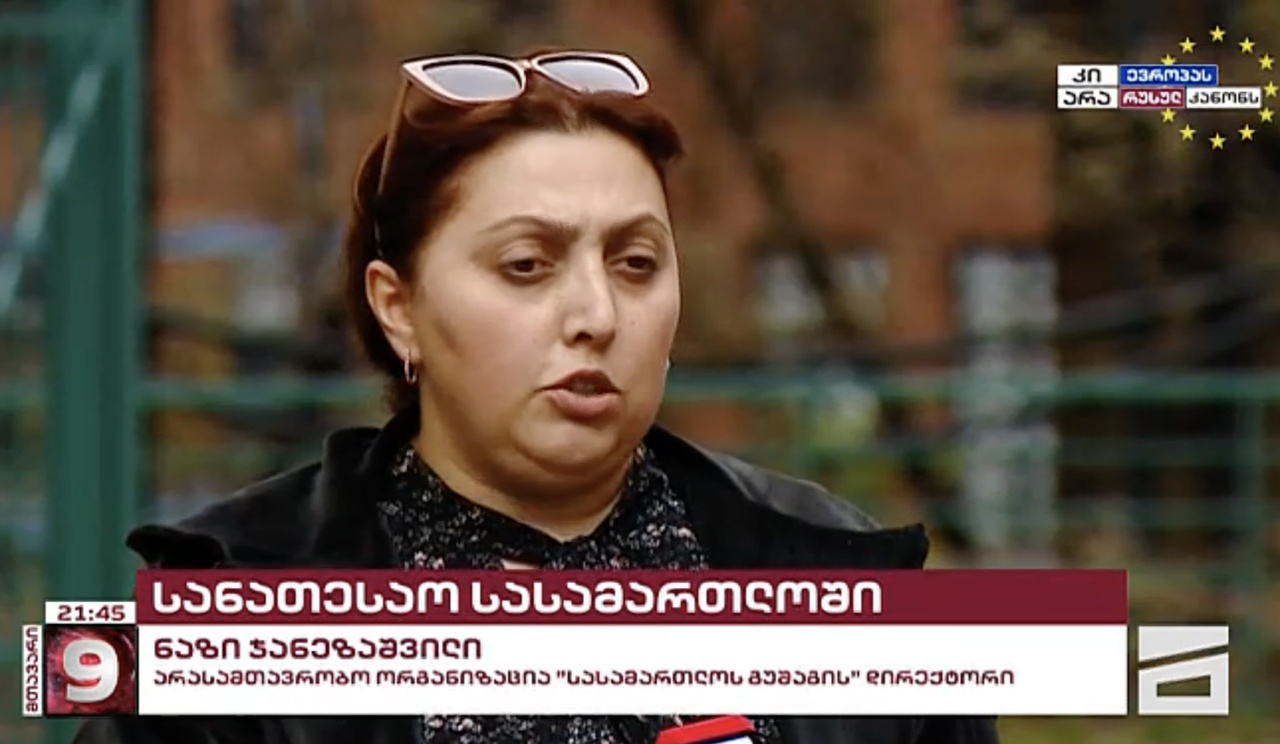Disclosure of the agenda of the meeting by the High Council of justice as a minimum standard of transparency

"At least 3 business days before the session of the High Council of Justice of Georgia, information on the date of the session and the agenda of the session is published on the website of the High Council of Justice of Georgia..."- This is a requirement of the Organic Law of Georgia on common courts.1
From this article, you will learn how the High Council of Justice fulfills this obligation.
Last year, the Court Watch appealed to the High Council of justice with a request to provide information about the hearings, which were held in full compliance with the deadlines set by the agenda for 2015-2021.
We have yet to receive this information, but it is known that the High Council of justice regularly violates the law for years.
It is interesting to note that in 2019, the Parliament of Georgia changed the deadline for publishing the agenda 7 days in advance and reduced it to 3 business days, citing the High Council of justice to be more flexible and efficient.
Term reduction also did not solve this problem.
As a rule, the High Council of Justice publishes the agenda of the meeting on the website one day or several hours before the session.
It is also problematic that the publicized agenda needs to contain sufficient and specific information about the issues to be discussed.
Below are some session issues that are vague and the person concerned will not be able to obtain comprehensive information about the session.
- The issue of appointment of the district (city)/ appellate courts is not clear from the text;
- It is unclear whether the appointment or the imposition of powers will be considered.
- It is not known which judges are scheduled for interviews and voting.
Even more interesting is the following issue: on June 27, July 5, and July 11, 2022, the issue envisaged by the agenda was formulated as follows – "letter of the chairman of the LEPL Department of common courts".
It is noteworthy that in all cases the letter concerned different topics, which we were able to identify only after attending the session:
- On June 27, the letter of the chairman of the LEPL – Department of common courts concerned the increase of the amount allocated for the rent of apartments for the judges on the work trip;
- On July 5, the letter of the chairman of the LEPL – Department of common courts concerned the issue of allocation of parking for vehicles near the court (consideration of this issue has been postponed for another time);
- On July 11-1st issue: the letter of the chairman of the LEPL Department of common courts concerned the state-owned 250 km2 adjacent to the court building Joining the land plot (purpose-arrangement of the elevator);
- On July 11-2nd issue: the letter of the chairman of the LEPL Department of common courts concerned the issue of joining the building of the State University adjacent to the building due to the lack of space of the Akhalkalaki District Court.
Thus, the letter of the chairman of the LEPL Department of common courts was formalized identically, but in all cases, it meant different content, which was not specified.
There is no literal entry in the organic law that the text on the agenda of the session must be sufficiently informative. The current legislative division-the publication of information on the date and agenda of the session 3 working days in advance serves the purpose to make the information available and clear to the objective observer about the issues discussed at each specific session. If the content of the agenda of the session remains unknown even after its publication, it means that the requirements of the law are only formally fulfilled and its purpose has not been achieved.
In such conditions, of course, it is expedient to amend the Organic Law, which obliges the High Council of justice to provide detailed information to the interested public about the issues to be discussed at the session; however, the council itself mustn't evade responsibility – to properly fulfill the obligation imposed by the existing record of the Organic Law.
Footnotes
1. Article 49 (4) of the Organic Law of Georgia" on common courts".
---
The materials distributed by courtwatch.ge and published on the website are the property of "Georgian Court Watch", when using them, "Georgian Court Watch" should be indicated as the source.


